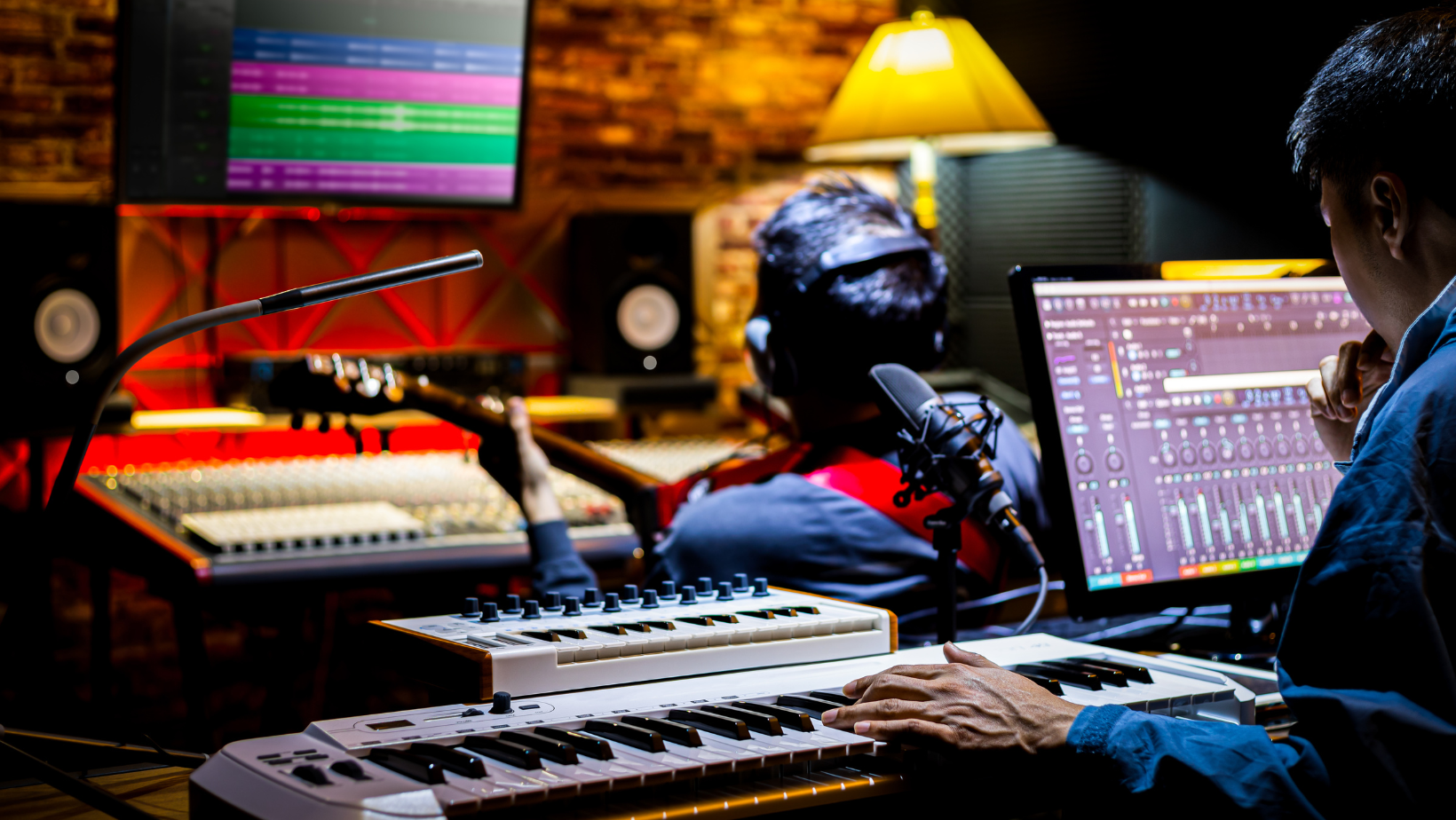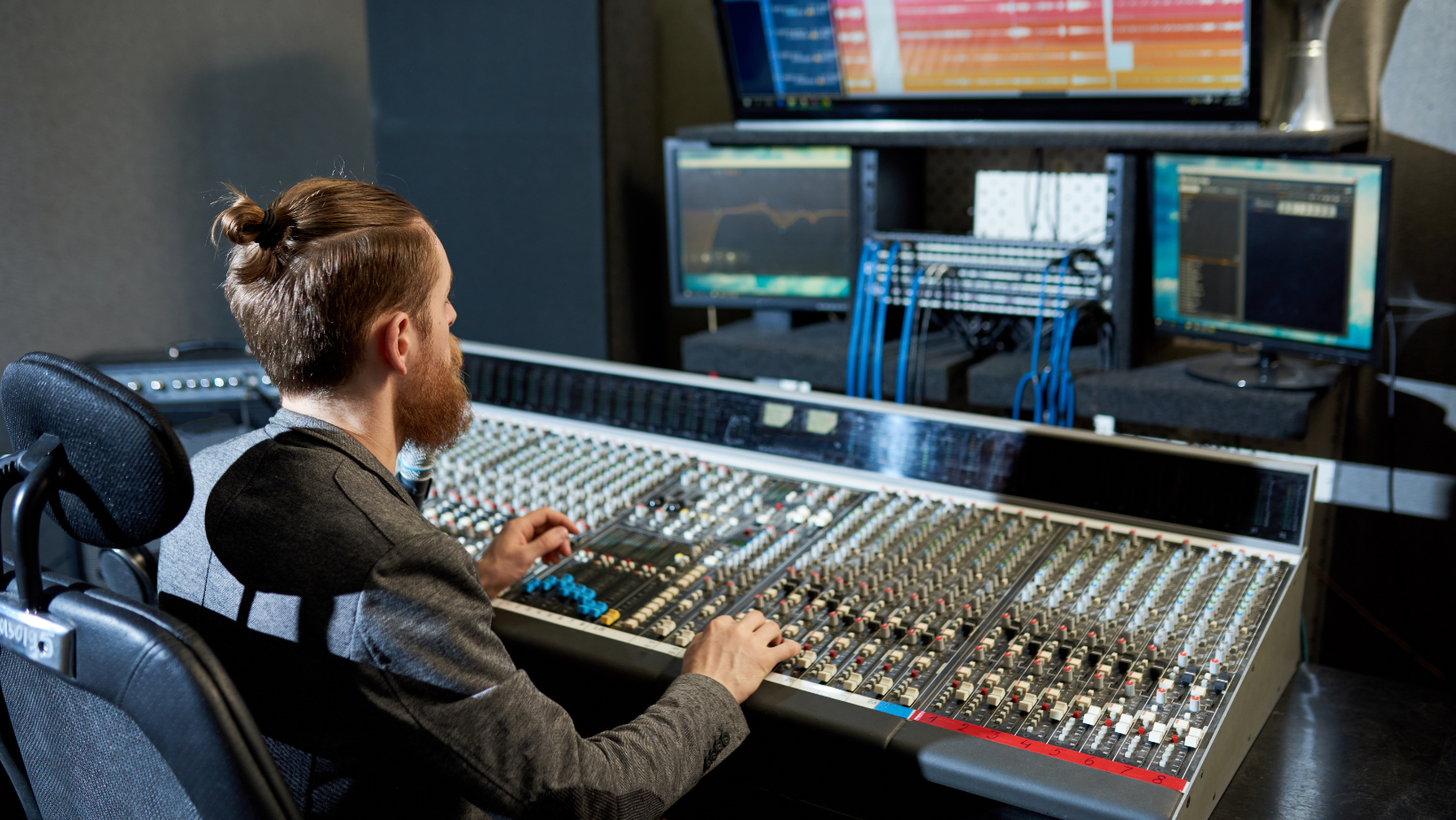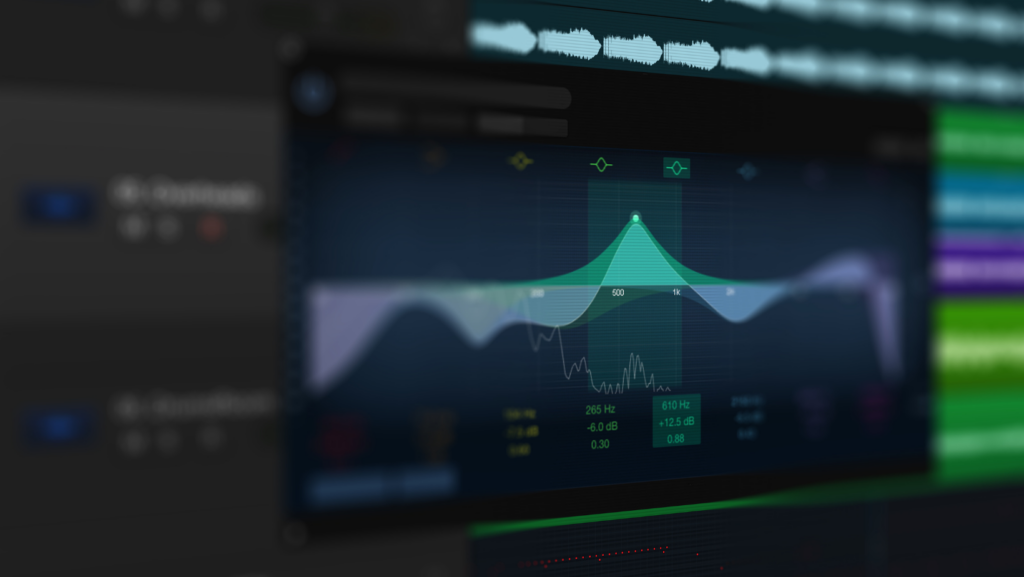In the symphony of progress, technology and music have danced a captivating duet. From vinyl records to streaming services, technology’s impact on the music world is as profound as it is transformative.
So, whether you’re a music enthusiast, a tech geek, or simply curious, let’s embark on this melodious journey of discovery together.
Technology and Music
Navigating from the broad impact of technology and music, let’s delve into the specifics of how it’s reshaped music distribution. Examining this influential shift provides a lens to understand the profound evolution in the music industry.
The Rise of Streaming Services
 Streaming services, in the forefront of technological advancements, have revolutionized music distribution. Spotify, a prime example, launched in 2008, boasted an astonishing 345 million monthly active users as of 2020, according to Statista. This drastic shift towards streaming services marks a pivotal transition from physical sales and digital downloads.
Streaming services, in the forefront of technological advancements, have revolutionized music distribution. Spotify, a prime example, launched in 2008, boasted an astonishing 345 million monthly active users as of 2020, according to Statista. This drastic shift towards streaming services marks a pivotal transition from physical sales and digital downloads.
Music streaming platforms employ complex algorithms. These algorithms recommend music based on listening habits, bringing an unprecedented ease to music discovery. Listeners are introduced to a diverse array of genres and artists they might not have discovered otherwise.
Moreover, streaming services offer unique benefits to artists. Platforms like SoundCloud and Bandcamp allow artists to independently distribute their music, bypassing traditional record labels. This has promoted a rise in independent music, providing a platform for a myriad of voices that might otherwise go unheard.
How Technology Has Changed Music Consumption
The way we consume music has significantly altered due to technological advancements. Gone are the days of purchasing physical albums, replaced by the instantaneous access to millions of songs offered by streaming platforms. Listeners don’t have to buy entire albums now. They’re now able to listen to individual songs, craft their own playlists, or even listen to playlists curated by others.
The Future of Technology and Music
 Predictions and Upcoming Trends
Predictions and Upcoming Trends
Forecasts indicate a new wave of technological breakthroughs enhancing the music industry. Artificial Intelligence (AI) tops the list, revolutionizing every aspect from music creation to consumption. For instance, AI algorithms are producing songs, causing a significant shift in the roles of musicians and producers. Further, augmented reality (AR) is paving the way for interactive music experiences. Consider companies like MelodyVR, transporting fans to virtual concerts, offering front-row experiences from the comfort of their homes.
| Trend | Example | Impact |
| AI in Music | AI Algorithms | Roles of Musician and Producer |
| AR in Music | MelodyVR | Interactive Music Experience |
| Blockchain | SingularDTV, Musiccoin | Revenue Distribution |
| IoT | Smart Devices | Music Consumption |
Potential Challenges and Solutions
 However, this tech-infused future isn’t without challenges. The key issue is adapting the industry’s traditional structures and regulations to these trends, necessitating a reimagining of copyrights and content distribution. In this regard, legal frameworks need updates, recognizing AI-produced music and taking into account blockchain’s peer-to-peer music sales model.
However, this tech-infused future isn’t without challenges. The key issue is adapting the industry’s traditional structures and regulations to these trends, necessitating a reimagining of copyrights and content distribution. In this regard, legal frameworks need updates, recognizing AI-produced music and taking into account blockchain’s peer-to-peer music sales model.
Issues related to consumer privacy are also escalating, particularly with IoT devices that track listener behaviors. On the positive side, blockchain technology offers a solution, facilitating safe, transparent interactions that respect user privacy.
| Challenge | Solution | Example |
| Regulations and Copyrights | Updated Legal Framework | AI and Blockchain |
| Consumer Privacy | Blockchain Technology | BitSong, Choon |
| Loss of Human Touch | Symbiosis of Human and AI | AI algorithms and Musicians |
The transformative power of technology and music industry is undeniable. It’s reshaped how we consume, create, and interact with music, from the rise of digital platforms to the advent of AI-generated tunes. The future trends of AR, blockchain, and IoT promise to further personalize and revolutionize the musical experience. Yet, these advancements bring challenges that demand adaptation and thoughtful consideration, particularly in legal and privacy realms. Amid this tech-driven evolution, the potential symbiosis between human musicians and AI offers a compelling path forward. It’s a balance that harnesses the best of both worlds: the boundless innovation of technology and the irreplaceable touch of human creativity. This fusion could well be the key to navigating the exciting, complex intersection of technology and music.

